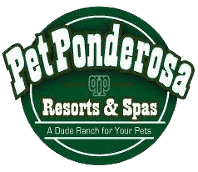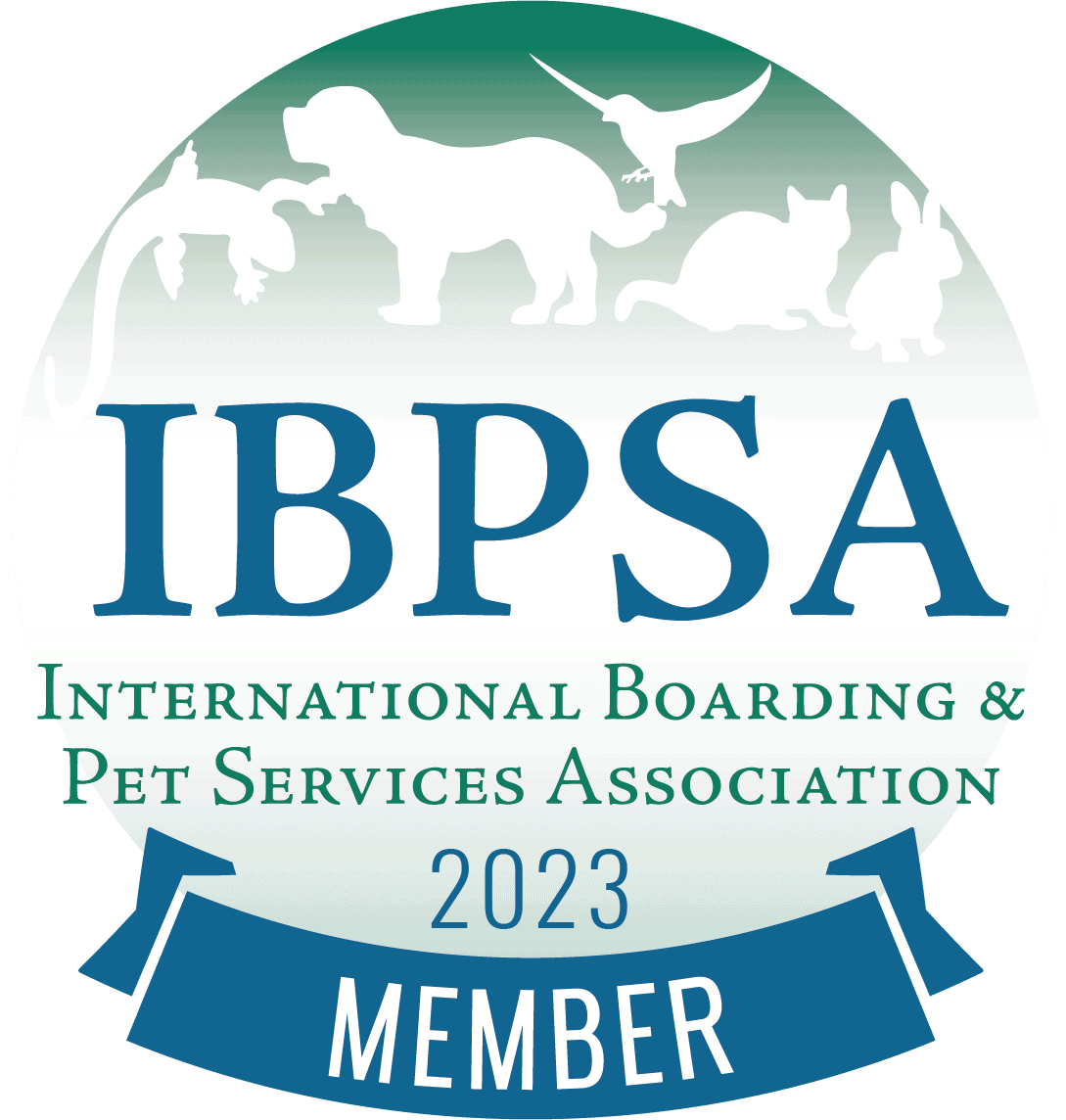Absolutely no one wants to see their precious pet have to cope with sickness. With highly contagious canine diseases out there such as kennel cough, concerned dog owners everywhere are wondering what they can do to protect their pet.
Pet Ponderosa is here with an analysis of the signs and risks of kennel cough and what you can do to keep your pet healthy.
What Dog Owners Should Know About Kennel Cough
Kennel cough is the household name for infectious tracheobronchitis, an infectious upper-respiratory disease contracted by dogs.
The Spread of Kennel Cough
Similar to a canine version of the common cold, kennel cough is spread through the air. Since kennel cough is airborne, simple cleaning and disinfecting of kennels is not enough to ensure that your pup is safe. Kennel cough is often spread when dogs are exposed to contact with many other dogs, such as in a shelter, kennel, or even at the park. It can be contracted by a simple touch of wet puppy noses or multiple dogs sharing the same drinking bowl.
Kennel Cough is extremely contagious.
Symptoms of Kennel Cough
The most susceptible victims of kennel cough are puppies and young adult dogs. Symptoms typically include coughing, whether dry hacking or deeper, stronger coughs. The coughing is usually unproductive and sometimes followed by gagging. Kennel cough is typically not associated with high fever. Some dogs with kennel cough experience lethargy or decreased appetite, but most dogs tend to eat and act normally aside from the coughing. Dogs with kennel cough may also suffer from runny nose and sneezing.
Symptoms develop 3-10 days after exposure. Kennel cough does not typically develop into anything life threatening, though it can become severe if your pup is still very young or if they have other immune deficiencies and are susceptible to infection.
Treatment of Kennel Cough
Most cases of kennel cough remain mild, especially if the pup is otherwise healthy. Generally, a couple weeks of rest and minimal activity will lead to recovery. At times, a vet may prescribe antibiotics as a preventative measure for or to cure secondary infection.
It is a good idea to separate an infected dog’s food or water bowl from other pets in the house. If you do take the dog for a walk while they are sick with kennel cough, try to swap the collar for a harness to avoid aggravating or damaging their already stressed trachea.
Book Your Furry Friend's PETCATION today!
Keep your pet safe & cozy in Pet Ponderosa’s climate control kennels.

According to Kevin Fitzgerald, DVM explains the seriousness of talking with your vet about any coughing symptoms. He warns that “The canine distemper virus and canine influenza virus both start off with symptoms nearly identical to kennel cough.” It is best to play it safe and take your pup to the vet, just in case the coughing may be a sign of a more serious disease.
Kennel Cough Vaccination
Although not 100% effective for kennel cough prevention, getting a bordetella bacterium may reduce your pup’s risk of contracting the disease. In the interest of the health and safety of our furry guests, Pet Ponderosa has a policy of exclusively housing dogs that have had their bordetella vaccination.
Pet Ponderosa Prevents Kennel Cough
According to American Humane, pet owners keen on treating kennel cough should “Keep dogs in a relatively warm environment and make sure they are rested to help prevent the development of pneumonia.”
Here at Pet Ponderosa, our vaccination policy is in place to ensure the best environment for your beloved pets. Beyond that, our climate control kennels are designed to keep your four-legged friend at a comfortable, cozy temperature.
We are focused on the safety of your pet while you entrust them to our care. We pay careful attention to ensuring our dog boarding facilities are comfortable to ensure that your pets has a luxurious and safe pet-cation.


